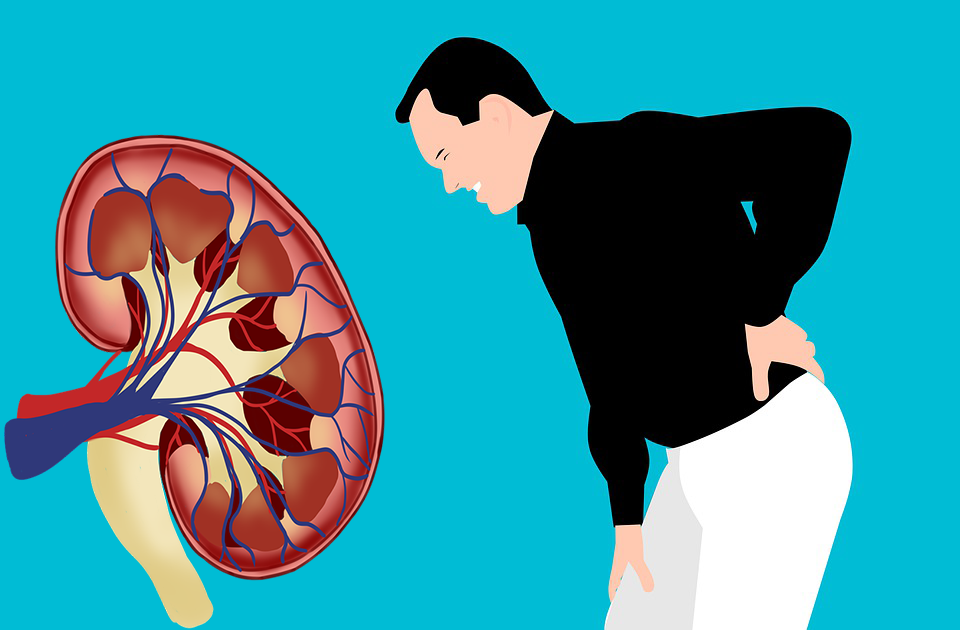The basics are very common factors
- Do not smoke
- Proper diet
- Regular sleep schedule
- Regular exercise or sports
- Maintaining the right BMI
Natural protection of kidney health Function BMI is the body mass index used to check whether you are at an appropriate weight for your height. It is calculated by dividing your weight in kilograms by your height in cm squared. This value is between 18.5 and 24.9, you have a normal BMI. If it is above 25, you are fat; above 30 or close to 30 means you are obese. If it is below 18, you are underweight.
Maintaining a healthy kidney
- Reduce salt in your diet
- Never get too drunk
- Eat more dairy products
- Eat more fruits and vegetables
- Eat more whole grains
- Be sure to reduce your weight if you are overweight
- Refrain from eating foods high in cholesterol
Preventive measures to avoid a kidney stone
- Eat less animal protein [pork, fish, poultry and beef]
- More calcium-rich foods [milk, cottage cheese, …]
- Eliminate oxalate-containing foods such as coffee, soy products, chocolate, etc.
- Reduce sodium [salt] intake. Avoid packaged foods, processed foods, canned vegetables, baking soda, etc.
- Stay hydrated. Drink more water, at least eight liters a day, as we have always heard.
- High-fiber foods are a very good recommendation when it comes to the kidneys. Such foods are apples, bananas, beet, spinach, broccoli, onions, corn, etc.
As for the formation of cysts
- Fever
- Frequent urination
- Change in urine color [usually dark in a person with a cyst]
- Sometimes there may be blood in the urine
- Pain in the upper abdomen
- Pain in the hips; between the ribs and the pelvic bone
- Pain in the back
Let’s first look at the symptoms
Natural protection of kidney health function cysts cannot be prevented like other diseases, all you can do is make sure you stay hydrated and always cut down on salt in your regular diet; your salt intake should not exceed 2300 mg per day. If you are over 55 years old or already have high blood pressure or another kidney disease, you should not consume more than 1000 mg per day. If you have the above symptoms, you should see a doctor as soon as possible, because although kidney cysts are harmless, they can cause mild infections, and some may even burst if not treated in time. So be careful.
Many of you will have known that you can also function with Natural protection of kidney health function. Removing a kidney comes into play if you have a kidney injury, kidney cancer, kidney failure, or kidney stones that could scar your kidney, or if there is damage to the kidney tissue or kidney trauma. You may also want to donate one of your functioning kidneys to someone in need. Removing a kidney may not be a big deal, but like any other surgery, it carries risks. If the kidney is removed because of infection or damage, you may have a heart attack, blood loss, difficulty breathing, or a stroke, but these complications occur with any surgery, not just kidney surgery.
Some complications may be specific to kidney removal. Removal of the kidney is called a nephrectomy, so consequences may include hernias [a condition in which an organ swells and may be slightly lower than its proper position], injury, or damage to other tissues near the kidney.
In nephrectomy, there are 3 types
1. Simple nephrectomy
The complete removal of the organ itself. All veins and arteries to the kidney and bladder are removed. In this surgery, it may be necessary to remove a rib to remove the entire kidney.
2. Partial nephrectomy
This involves removing only a portion of the kidney that is damaged or infected, rather than the entire kidney. However, this may be similar to simple nephrectomy.
3. Laparoscopic surgery
In this surgery, pain is less, and recovery time is shorter than in open surgery. In this surgery, only small parts of the kidney are opened and inserted with cameras and other surgical instruments for removal; this surgery is also called keyhole surgery.
Conclusion
If possible, avoid many complications and operate only when it is most necessary in each situation, because aftercare is very sensitive and requires a lot of patience. Take very good care of your two kidneys.
Kidney diseases and dysfunctions
Function and anatomy of the human kidney
Effect of cold water // Chill water // H2O
